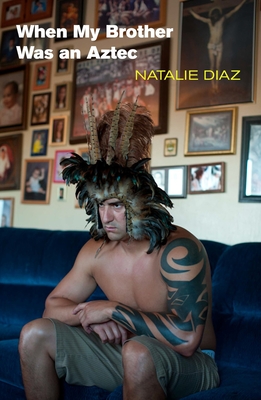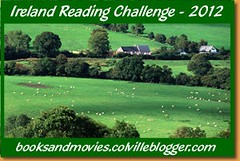 I’ve completed my goal for the Ireland Reading Challenge (4 books), and even surpassed it by one; here’s a list of the books with links to the reviews:
I’ve completed my goal for the Ireland Reading Challenge (4 books), and even surpassed it by one; here’s a list of the books with links to the reviews:
The Yellow House by Patricia Falvey
A Long, Long Way by Sebastian Barry
The Cottage at Glass Beach by Heather Barbieri
The Paper Garden by Molly Peacock
The Realm of the Lost by Emma Eden Ramos
 For the New Authors Reading Challenge, I chose to read 25 new to me authors, and I exceeded that goal, reading 87 and still counting.
For the New Authors Reading Challenge, I chose to read 25 new to me authors, and I exceeded that goal, reading 87 and still counting.
These authors included fiction, nonfiction, and poetry. You can click the link to see which ones I reviewed.
 And finally, for my own two challenges, the Fearless Poetry Exploration Reading Challenge and the WWI Reading Challenge, I exceeded my goals there as well. For the poetry challenge, I pledged to read more than I had read in a previous poetry challenge (in which I read 15) and I read 29 books. There could be more!
And finally, for my own two challenges, the Fearless Poetry Exploration Reading Challenge and the WWI Reading Challenge, I exceeded my goals there as well. For the poetry challenge, I pledged to read more than I had read in a previous poetry challenge (in which I read 15) and I read 29 books. There could be more!
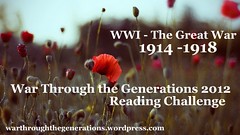
This leaves me with one unfinished challenge, but I’ll leave you in suspense about that. I hope everyone has a great weekend. Please do let me know about your own reading goals in 2012 and how well you did.

 Life on Mars by Tracy K. Smith, published by Graywolf Press on 30 percent post-consumer wastepaper, is a collection sliced up into four parts, and it won this year’s
Life on Mars by Tracy K. Smith, published by Graywolf Press on 30 percent post-consumer wastepaper, is a collection sliced up into four parts, and it won this year’s 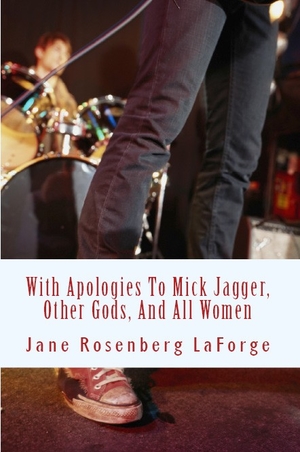
 About the Poet:
About the Poet:
 The title of the collection tells readers all they need to know about the topics covered, including the moral, mental, and physical slavery or servitude as well as the complete emotional absorption that can happen in relationships. As Trethewey examines works of art through a lens of racial demarcation, she also looks at daughters’ relationships with their fathers, which can sometimes be congenial and at other times turbulent. In “Knowledge,” she is looking at the dissection of a woman and the men who stand around her as the cut is made into her flesh, and Trethewey’s narrator concludes that her father was not just one type of man, but each of the men in the room — all at once contemplative, scientific, and artistic, even though at times she felt he were just one of those men.
The title of the collection tells readers all they need to know about the topics covered, including the moral, mental, and physical slavery or servitude as well as the complete emotional absorption that can happen in relationships. As Trethewey examines works of art through a lens of racial demarcation, she also looks at daughters’ relationships with their fathers, which can sometimes be congenial and at other times turbulent. In “Knowledge,” she is looking at the dissection of a woman and the men who stand around her as the cut is made into her flesh, and Trethewey’s narrator concludes that her father was not just one type of man, but each of the men in the room — all at once contemplative, scientific, and artistic, even though at times she felt he were just one of those men.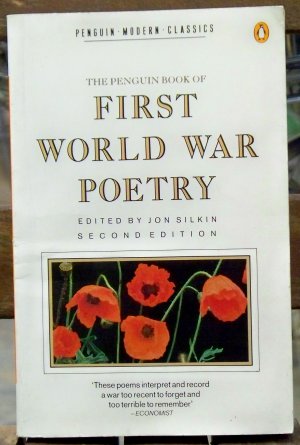


 Out of True by Amy Durant, blogger at
Out of True by Amy Durant, blogger at 
